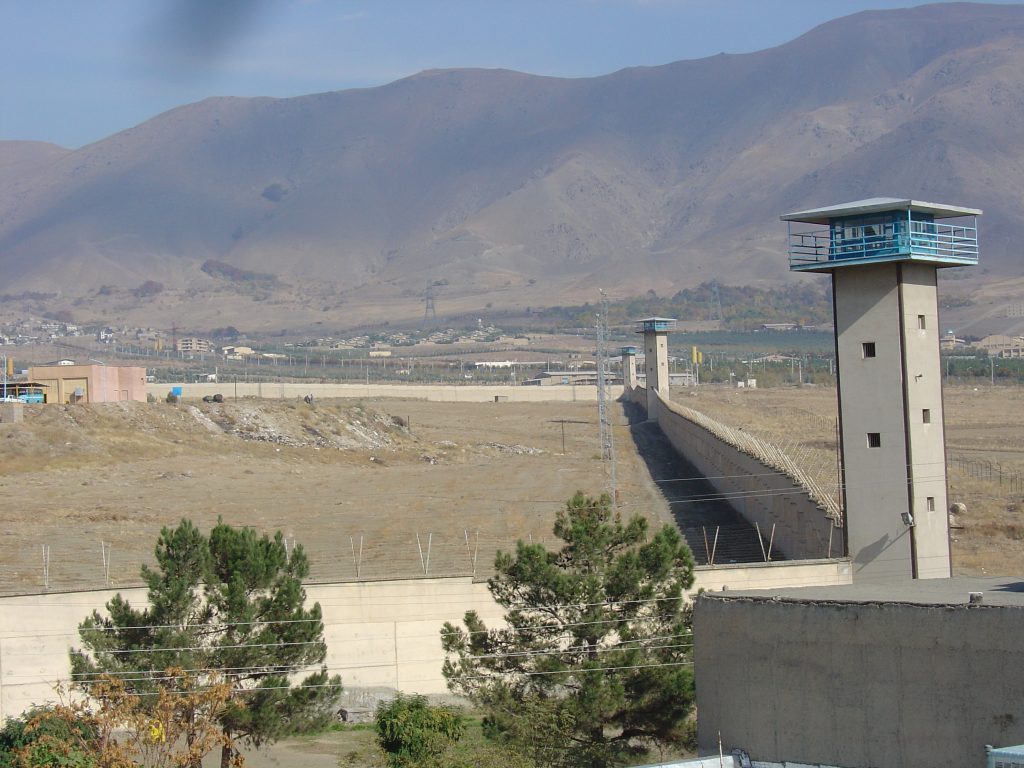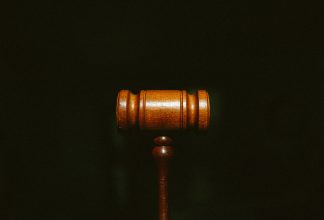Report 54: Witness hearing with police officer

In our previous report , we provided a summary of a witness hearing conducted on 9 October 2023 with expert witness 11, Eduardo Toledo, who was introduced by the defense counsels.
In this report, we have summarised a hearing conducted in court on 1 September with a police officer who has contributed to the prosecution’s investigation and whom the defence counsels, after having viewed a televised documentary that contained an interview with the police officer during the spring of 2023, have claimed has been biased. As we could not be present in Court during that day, this report is based of official recordings of the hearing provided by the Court of Appeal.
Hearing with the police officer
The prosecution asked the police officer to introduce himself. He stated that he works as an inspector and police officer. He is currently working for the National Operations Department within the police authority. He has previously worked for the Swedish Cyber Crime Centre and in the police’s war crimes unit, where he was working when he was involved in the investigation that led to the current trial. The prosecution then asked him to describe his tasks and his involvement in the investigation. The police officer explained that, since he possesses the necessary language skills, he had contributed to the investigation by assessing Farsi language material and highlighting paragraphs in Farsi language books to be sent for translation. He also went through the defendant’s phone to assess what things could be relevant for the investigation. Additionally, he assisted in supervised meetings between the defendant and the staff from Iran’s embassy in Stockholm.
The prosecution asked the police officer to elaborate on the part of his work with the investigation that included selecting parts from reports or books for translation and to explain the selection process. The police officer described that he only acted in accordance with directives from the prosecution’s office. For example, he was asked to read specific books or chapters in books to find sections with a connection to the crime period or location of the crimes. He would then write memorandums on his findings, or he would send the marked pages for translation. The police officer explained that he has not personally translated any of the documents.
The prosecution then inquired about the examination of the defendant’s phone that the police officer had conducted. He explained that the authorities had used software that allows playback of the phone. Data is extracted and categorized into software: text messages, videos, images, and emails and this is what he would go through, in accordance with directives given by the prosecution, to assess whether anything was relevant for the investigation.
The prosecution then proceeded to ask about the police officer’s participation in the interrogations of the defendant during the preliminary investigation. The police officer explained that he had assisted in an interrogation regarding material found on the defendant’s phone, since he had the necessary technical and language skills. He explained that he had also monitored interrogations of plaintiffs or witnesses that were based in Albania.
The police officer was then asked about what other type of contact he has had with the defendant. He explained that he had monitored various contacts that the defendant had been permitted to have to break his isolation as he has been in detention for a long time. The contacts consisted of meetings or calls with Iran’s embassy and with relatives. Once a week, he monitored those calls and occasionally supervised meetings in person, but since the defendant’s relatives do not live in Sweden, a majority of the communication had been via phone. The police officer explained that he sometimes continued talking with the defendant after such a meeting or stayed behind as the defendant sometimes requested assistance with various matters, such as a to write a request to meet an optician or when the defendant just needed to talk with someone. The prosecution proceeded to ask whether the police officer had needed to clarify his role. He responded that he was very careful to ensure that what was said during monitored conversations did not go against any of the rules that govern the defendant’s contact with the outside world and that he sometimes had been forced to break the contact with the embassy because they had started to discuss the investigation in front of him. The police officer also stated that he had informed the defendant’s relatives that if anything that could be of interest for the investigation was said during the conversations, he had an obligation to report it to the prosecution. The prosecution then asked if the defendant might have perceived that the police officer was there in a different capacity than as a police officer, to which the police officers responded in the negative. He explained that he had made it very clear to the defendant and his relatives that he is a police officer.
The prosecution then asked whether there were other people in the defendant’s surroundings that spoke Farsi during the years that he had been involved in the investigation. The police officer answered that it was only him and possible one person from the correctional services that could speak Farsi.
Lastly the prosecution asked about the police officer’s personal connection to executions in Iran. The police officer explained that he had an uncle who was executed in Evin prison in 1364 or 1365 (1985-1987) due to his religious beliefs as he belonged to a religious minority. The prosecution asked when and where he was when he learnt about his uncle. The police officer stated that he had learnt about this in 1985 or 1986 from his parents and that they were already living in Sweden. The police officer was then asked if he had shared the information about what had happened to his uncle to the defendant. The police officer stated that he had told the defendant on the last day of the trial in the District Court, and that he had not mentioned it earlier as he wanted to remain impartial. The police officer also stated that he had told his supervisor about his uncle but that he could not recall whether he had informed the prosecution about this. The prosecution ended their questioning here.
Judge Lund then asked whether any of the plaintiff counsels had any questions to the police. Plaintiff counsel Lewis asked the police officer to explain how he received the request to participate in the documentary about the case of the defendant. The police officer explained that his supervisor had asked him if he could participate and that he assumed that his supervisor had made the assessment that it was appropriate to for him to participate.
The floor was then given to the defence counsels. Defence counsel Rampe began by asking the police officer whether he had been present at the trial in District Court, to which the police officer responded that he had been present about 3-4 times. Rampe then asked the police officer if he had visited the defendant a lot. He responded that he had visited him several times, but that the last time was the final day of the trial in District Court. Rampe then asked the police officer how often he had spoken with the defendant on the phone. The police officer explained that it was usually the defendant who called him and that it was about once a week. He then continued to explain that these conversations could vary in length, as it was mainly to ease the defendant’s need to talk with someone.
Rampe proceeded by asking whether the police officer documented all the calls. The police officer responded that all the visits were logged but that not all of the phone calls were reported. The police officer stated that he had informed his supervisor that the defendant recurringly contacted him and that the contact with the defendant were made in his official role as a police officer and not as a private individual. Rampe then asked whether he was instructed by the prosecution to take notes of these conversations, to which he stated that he was not and that he had not taken notes from the conversations. Rampe then asked whether the defendant’s prior counsels (who represented him in District Court) had been informed about the fact that he was in contact with the defendant. He responded that the counsels had sometimes been informed about their conversations. He further added that he had also assisted the prior defence counsels in communicating with the defendant a few times. Rampe asked the police officer when he had last been involved on the case, to which he responded that it was around the final court hearing in District Court, as he left the war crimes unit in January 2023 for a new position. Lastly, defense counsel Rampe asked whether the police officer and the defendant had ever discussed politics during these conversations. He responded that he had never talked politics with the defendant but that he could not recall everything that the defendant had said. Defence counsel Rampe then stated that she had no further questions and judge Lund declared the hearing closed.
Next report
In the next report, we will provide with a summary of the closing remarks by the prosecution from the court sessions held on 16 and 18 October 2023.
